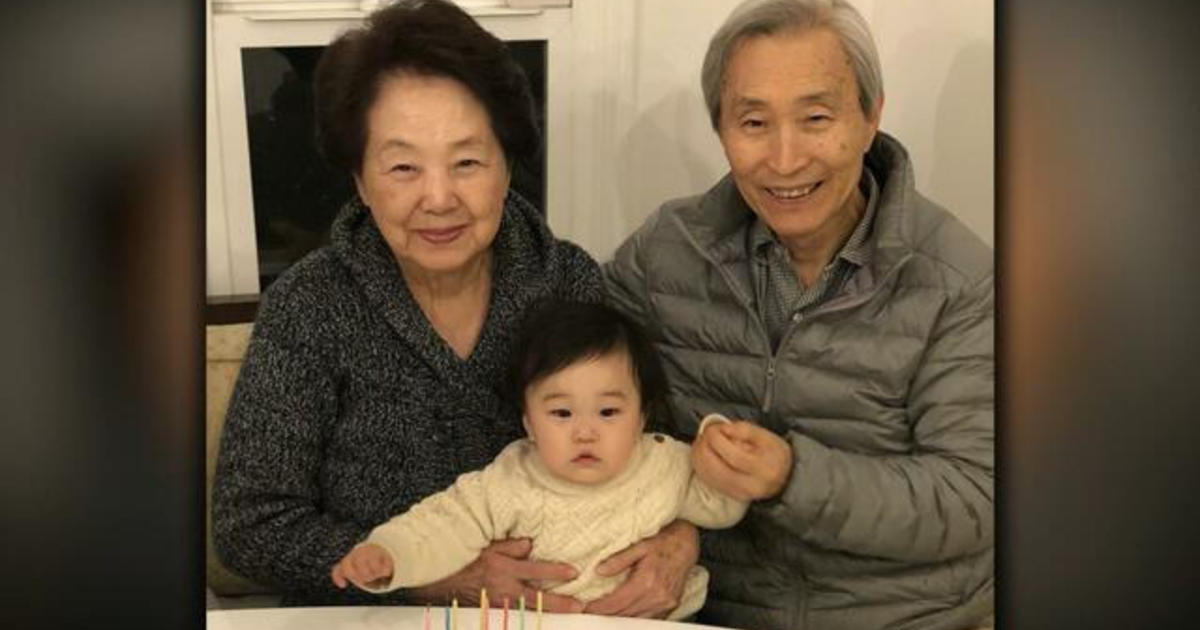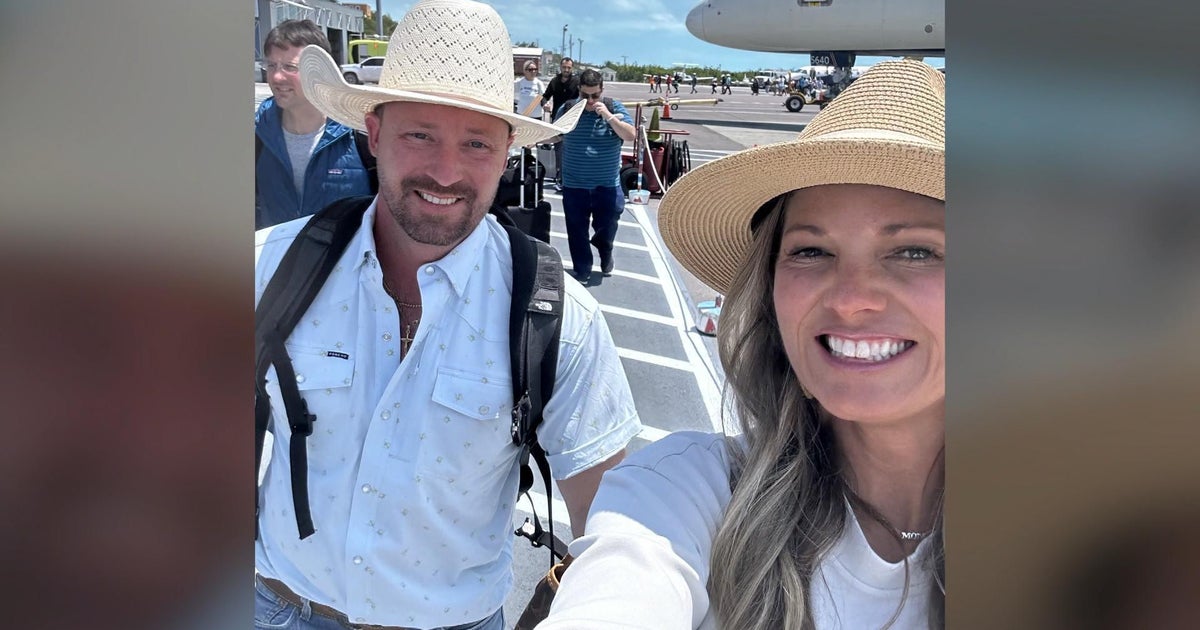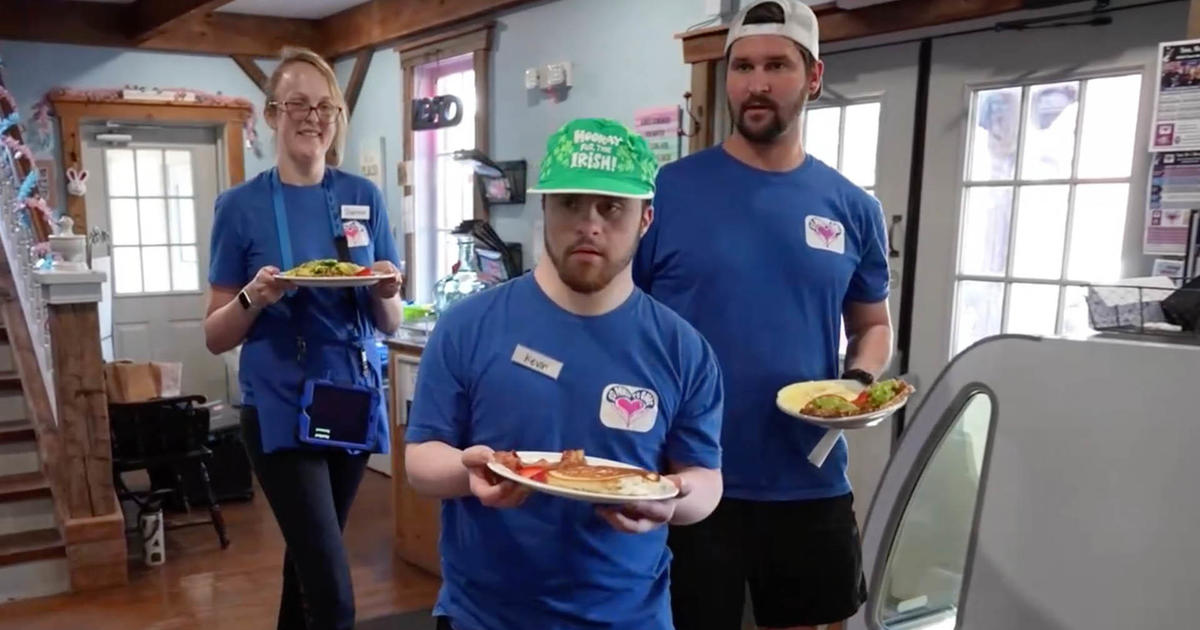A white mob destroyed Tulsa's "Black Wall Street" a century ago. Descendants still feel the trauma.
Archaeologists are planning an excavation in July of what they believe is a mass grave, evidence of one of the worst race massacres in U.S. history. The 1921 Tulsa Massacre, which for decades was forgotten by history, saw the Oklahoma neighborhood of Greenwood, then known as "Black Wall Street," burned to the ground.
An estimated 300 black men, women and children were killed — and residents today are still trying to rebuild their grandparents' prosperity.
"You're successful, you have homes, you have your businesses and all of a sudden you don't. It's devastating," Tulsa resident Brenda Nails Alford told CBS News' Omar Villafranca.
Alford's grandparents survived the massacre. They, like many other residents of the wealthy, black Greenwood neighborhood, owned multiple thriving businesses when it was taken from them by a white mob.
"We lost our economic base. We lost the opportunity to have generational wealth," Alford said.
The violence broke out in May 1921, when a mob of white people clashed with several armed black men who had gathered to protect a shoe shiner who was unjustly accused of assaulting a white woman. Rarely-seen footage shows the aftermath of the massacre, with smoke shooting out of buildings and black Tulsa residents lining up for help.
Data analyzed by Human Rights Watch found the disparities forced on by the event still linger. The unemployment rate for black Tulsa residents is more than twice the rate of white residents. Citywide, the black poverty rate is 34%, compared to the white poverty rate of 13%.
Photojournalist Kavin Ross' grandfather survived the massacre, but his Greenwood juke joint was destroyed.
Beyond the business, Ross said his family's "legacy and spirit of entrepreneurship" was also taken.
"A freeway sits upon my inheritance today," Ross said.
Despite the lingering trauma, Ross said there was hope in Greenwood's memory.
"We might not have the bricks and mortar of yesteryear, but in our hearts we know what was here," he said.
Anthropologist Marlon Hall, who is studying Greenwood's history before it was set on fire, said the trauma "still lingers in the social, spiritual, political, economic consciousness" but the neighborhood's legacy cannot be forgotten.
"These black folk were able to, even in the face of injustice and post-slavery economics, find some way to turn pain into possibility," Hall said. "So what's next is for us to remember, beyond the trauma, who Black Wall Street was. And how they did it. And to push the story forward."
By pushing the story forward, Hall said, residents can begin to rebuild Black Wall Street's entrepreneurial spirit.
"I believe that black Tulsans are in the infant phase of their evolution and transformation," Hall said. "The potential of Tulsa and the black community there ain't dead."



